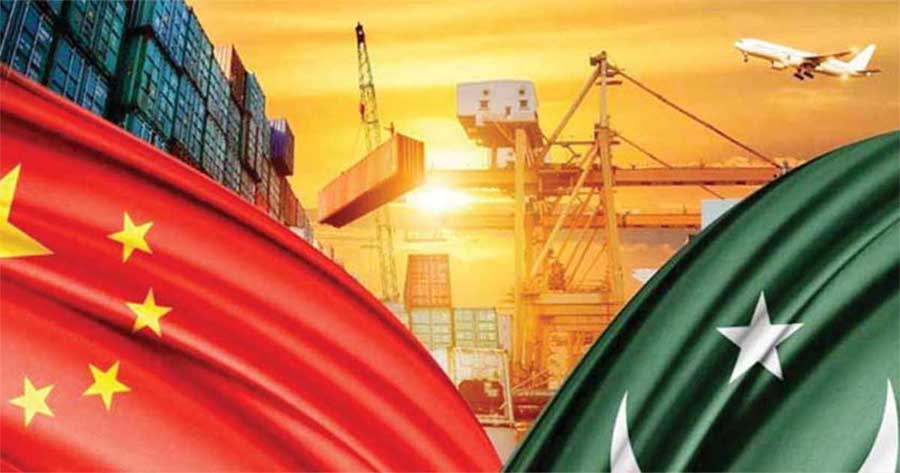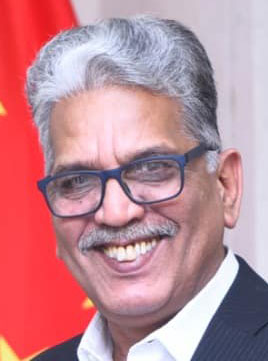ISLAMABAD: Pakistan has long grappled with an energy deficit, leading to its overreliance on imported fuel and power generation, and this has severely impacted the balance of payments, reports WealthPK.
With a staggering inflation rate of 31.4 percent, primarily driven by escalating fuel and energy prices, millions of Pakistanis are grappling with a soaring cost of living, pushing the nation’s poverty rate from 34.2 percent to 39.4 percent last year, as reported by the World Bank.
To address these pressing challenges, Pakistan has been actively seeking energy diversification and cheaper alternatives. One notable development is the improvement in diplomatic ties with Russia. Pakistan received its first shipment of Russian crude earlier this year.
This newfound cooperation has been instrumental in steering Pakistan towards diversifying its energy imports and securing more cost-effective solutions. In the recent past, Pakistan also received its inaugural shipment of Liquefied Petroleum Gas (LPG) from Moscow.
However, in a strategic move to alleviate its energy crisis and reduce dependency on the costly imported fuel, Pakistan has secured a game-changing $1.5 billion investment from the United Energy Group of China (UEG). The memorandum of understanding (MoU) was signed during the 3rd Belt and Road Forum in Beijing, marking a significant step in Pakistan’s efforts to address its pressing energy challenges. The partnership aims to revolutionize Pakistan’s petroleum sector, offering a multifaceted solution to the country’s persistent energy woes.
The heart of the agreement lies in a transformative plan to boost domestic production of petrol and high-speed diesel. Once the project is complete, it is expected that the refinery’s petrol production capacity will soar from 250,000 metric tons to an impressive 1.6 million metric tons, while high-speed diesel production will increase from 0.6 million metric tons to a substantial 2 million metric tons. These developments are not only set to curb Pakistan’s reliance on expensive imported fuel but also bolster its energy security and self-sufficiency.
Talking to WealthPK, Senior Research Economist at the Pakistan Institute of Development Economics (PIDE) Dr Uzma Zia said the $1.5 billion investment from China represents a substantial stride toward a more self-reliant and energy-secure Pakistan. As the nation strives to bolster its domestic production capacity and reduce dependency on the expensive imported fuel, this partnership is a testament to the growing economic ties between China and Pakistan, and it holds the promise of a brighter, more stable energy future for Pakistan’s citizens.
She said by expanding the domestic production capacity for petrol and high-speed diesel, Pakistan is taking a substantial step towards greater energy security and economic stability. It’s important to note that Pakistan’s acute energy crisis has profound economic and social consequences. The ballooning inflation rate, primarily driven by rising energy prices, has inflicted financial hardships on its citizens, with millions struggling to cope with the rising cost of living. The increase in poverty rate is a worrying trend that underscores the urgency of tackling the energy woes.
“Furthermore, this partnership with China should be seen in the context of Pakistan’s diversification efforts. By improving ties with Russia and exploring alternative energy sources, Pakistan is not only mitigating the risks associated with a heavy reliance on a single energy provider but also securing more cost-effective energy solutions. This diversification strategy can reduce energy costs and, ultimately, drive economic growth and stability,” according to Dr Uzma. – INP
$1.5bn Chinese injection to help alter Pakistan energy landscape




